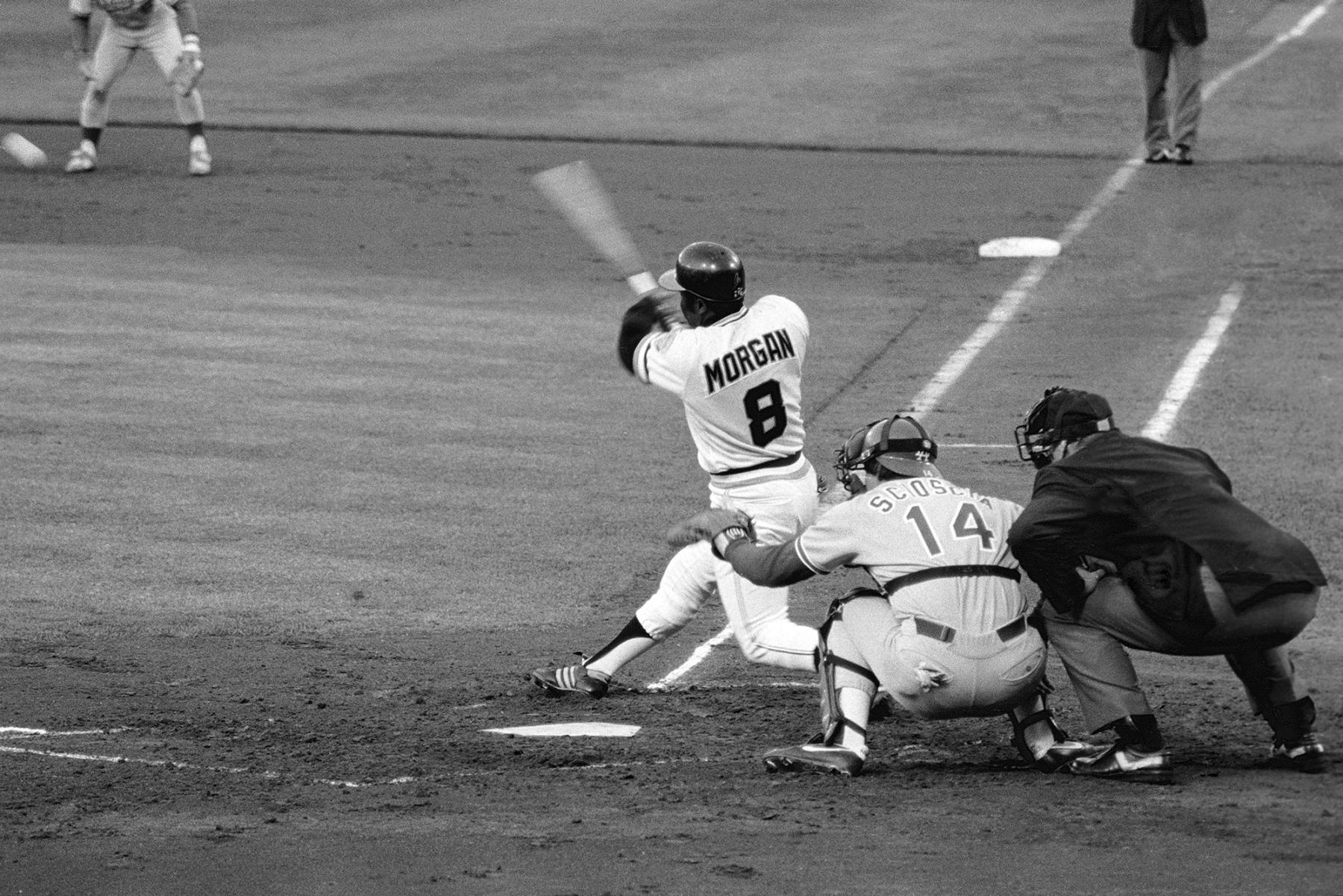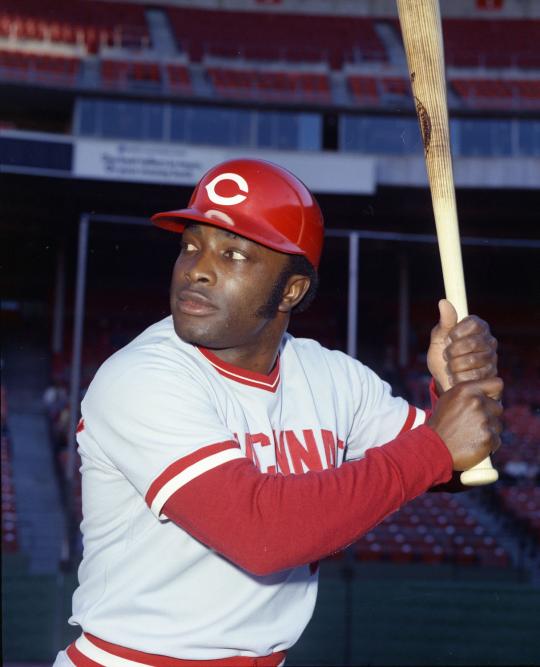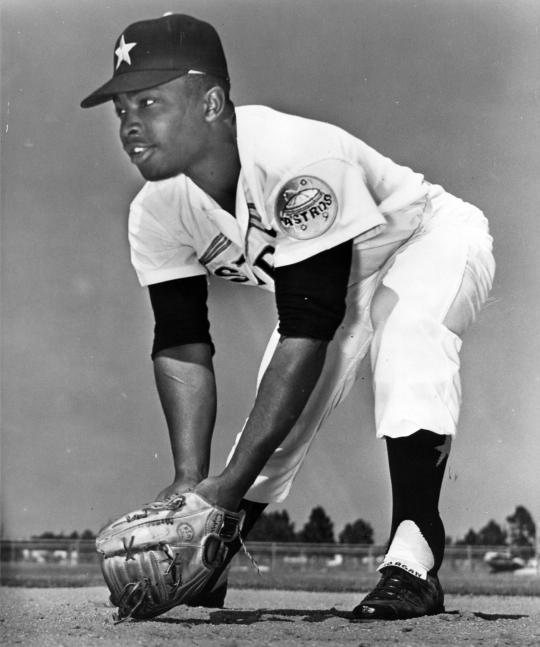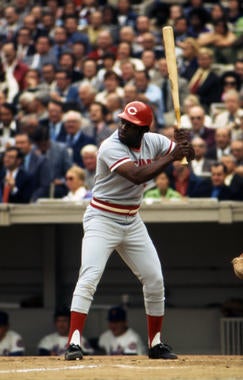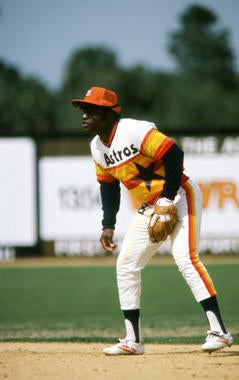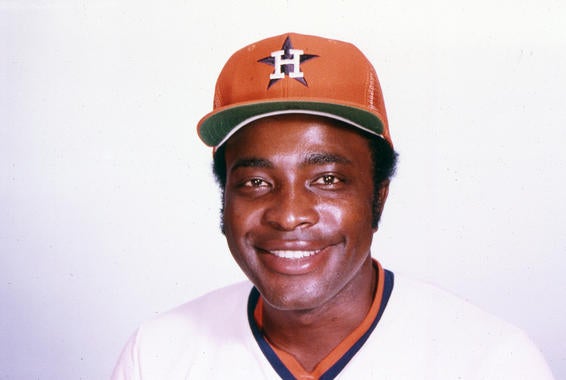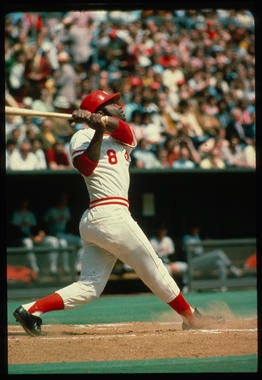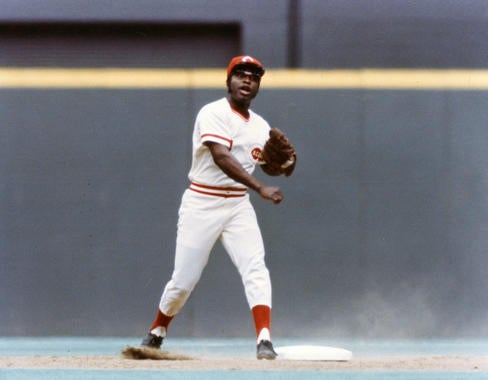Joe Morgan remembered as winner on and off the field
He stood unassumingly in his left-handed batting stance at home plate – save for his ever-twitching left elbow and steely glare. At five foot, seven inches tall, Joe Morgan did not strike fear into opposing pitchers – until he made contact.
Then, after working the count into what usually became a line drive or a base on balls, Morgan took over the game. And once on base, few ever negotiated 90 feet any better.
Morgan passed away on Sunday, Oct. 11, at the age of 77.
“Joe Morgan has been uniquely and powerfully influential to the Hall of Fame, not only as a Member, but as its Vice-Chairman of the Board,” said Jane Forbes Clark, Chairman of the Board of the National Baseball Hall of Fame and Museum. “During his career he was singularly committed to becoming the absolute best at his craft, combining his natural and developed skills with a model dedication in pursuit of his dream to become a Major League player. Along the way, he inspired, he motivated, and he influenced the success of those around him. We shall always be grateful for Joe’s leadership on and off the field. We send our prayers and condolences to Theresa and the Morgan family.”
Morgan was elected into the Baseball Hall of Fame in 1990 in his first year of eligibility and served on the Museum's Board of Directors for 27 years. He later served as the Vice Chairman of the Board of Directors of the Hall of Fame.
“I did have fun and it was great,” Morgan said of his 22-year baseball career. “But it seemed like it went all too quickly.”
Craig Muder is the director of communications for the National Baseball Hall of Fame and Museum

